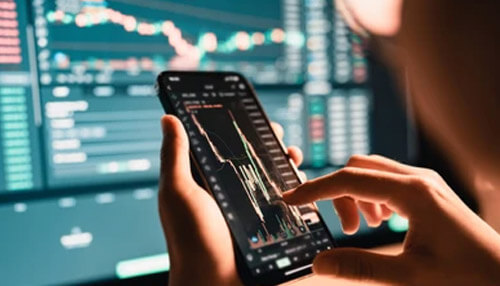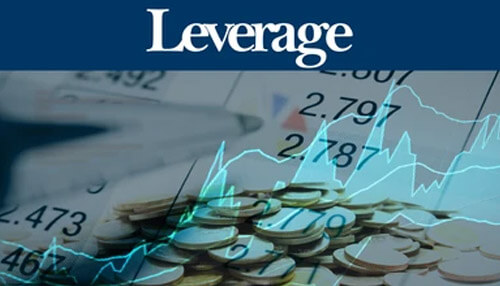Spot market and Futures market are different markets. The spot market deals with physical goods or assets exchange. The retail and wholesale markets fall under the spot markets.
Differences Between Spot Market and Futures Market
In the spot market, the asset purchase is by the user and it has direct ownership. They can transfer it if required to another user. Thus, the owner has the right to keep it or sell it any other time.
In the Futures market, the user gets a contract in the Stock Market Trading representing its quantity and a coin. It means the user has no ownership of the coin.
Leverage
Spot trading does not provide any leverage. If you buy 1BTC in the spot market, you need thousands of dollars. Assuming you have USDT 10,000, you may be able to buy Bitcoin worth 10,000 USDT.
On the other hand, future trading with leverage becomes capital-efficient. Using the futures contract, opening a 1 BTC futures position at its market value is possible in the financial market.
Market Price
Dividends are the returns, and the bonuses issuance is at the time of the commodity contract.
On the other hand, futures prices do not go long, it settles daily. The contract price differs from the cash market or underlying spot. Financing, interest, and storage costs are a part of the holding cost in the futures contract. Traders incur expenses in that they trade.
Despite price differences between the spot market and futures market, the expiration date of both the contracts converges on approach.
Flexibility with Long and Short
In the spot market, holding cryptocurrencies is a must. You may benefit as the value rises from the capital appreciation.
Futures contracts allow earning profit from Stock Market Trading movements including short-term price. The Bitcoin falling price allows benefiting with the calling process as the downtrend. Futures contracts are to safeguard against extreme price fluctuation and possible risks. It makes them an excellent choice for long-term investors and miners.
Real vs. Synthetic
Spot markets deal with real asset trading, whereas futures markets deal with a synthetic commitment, commodity derivatives between two parties. Holding standard futures to the expiration date requires one to sell or buy the underlying actual asset. Relying on the assets price as per the due date of the contract and is settled in cash.
A popular offering is the commodity derivatives to the futures contract. The Futures contract never expires or settles, and is receives clearance by the post end.
Trading Fees
Spot crypto exchanges charge a fee typically ranging from 0.1 % to 0.2 % for each trade. Generally, futures trading commissions are lower by 50% to 80%. There is a difference on paper, and higher leverage is useful in futures trading. It results in larger positions and in paying comparable fees.
Both spot and futures trading is best suitable. However, it is a must to do research in lots.
Wrapping up
Spot markets are well-known as cash markets and it includes retail and wholesale markets. Goods sold in the spot market earn cash. It relies on supply forces and pure demand. The process of clearing and settlement takes place instantly and immediately.
The futures market is a spot market derivative. The futures market is the spot market reflection. The future prices here are guided by Stock Market Trading spot prices movements. It is well-specified and highly uniform. They follow specified quality parameters in a specific manner. The futures price is calculated by adding spot price, and it includes the transport cost, interest rate, warehousing, etc.



